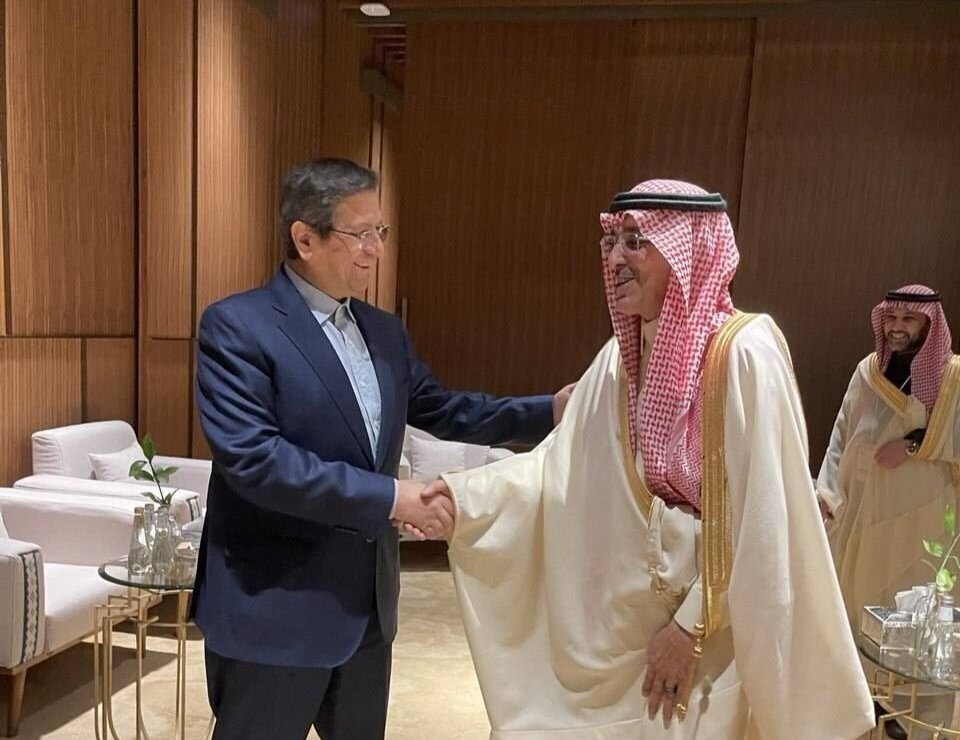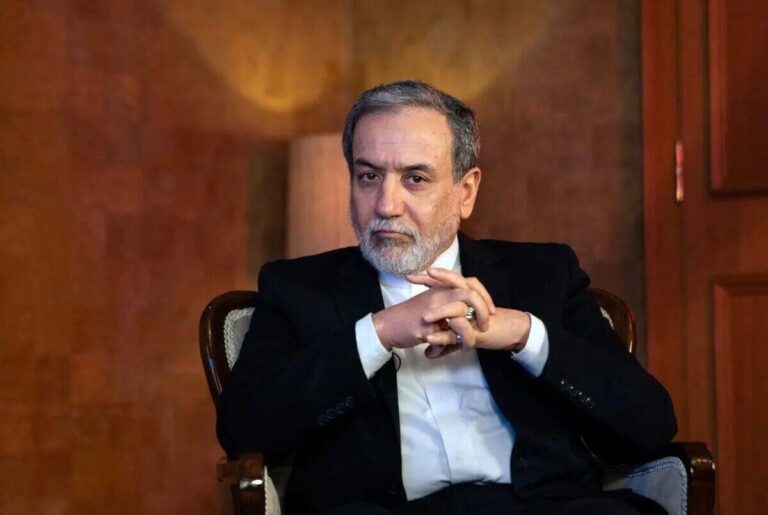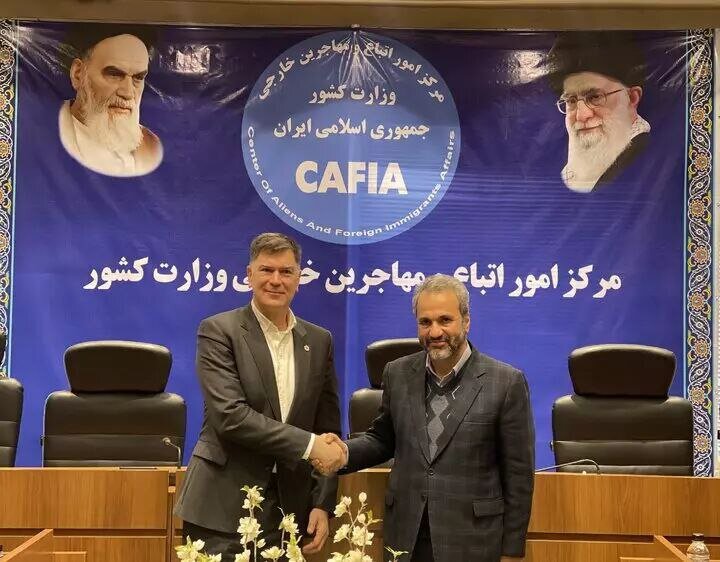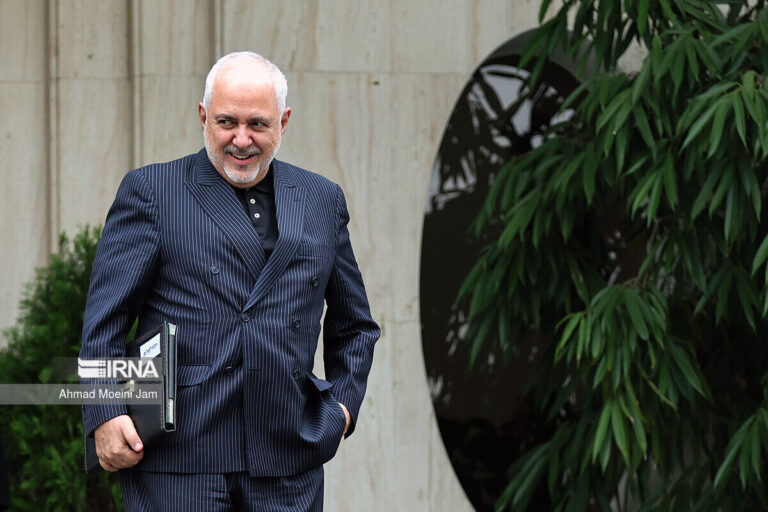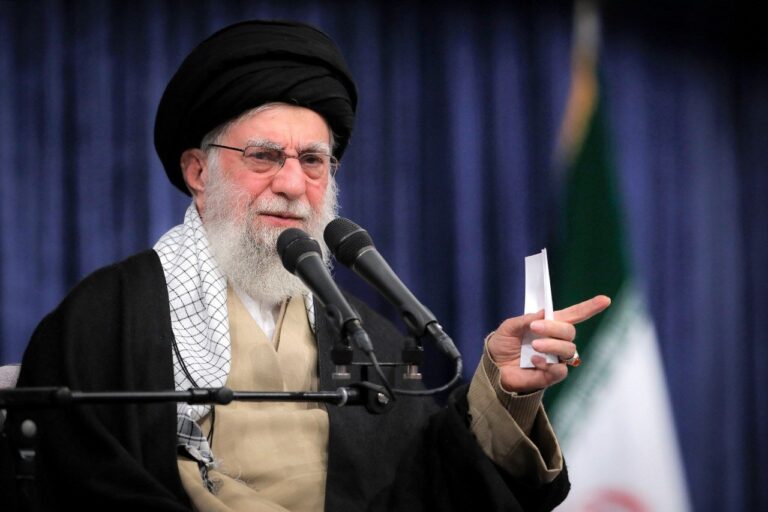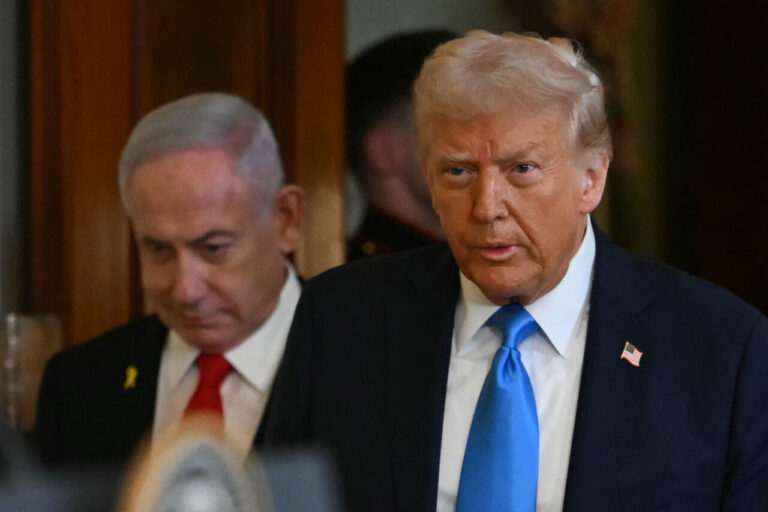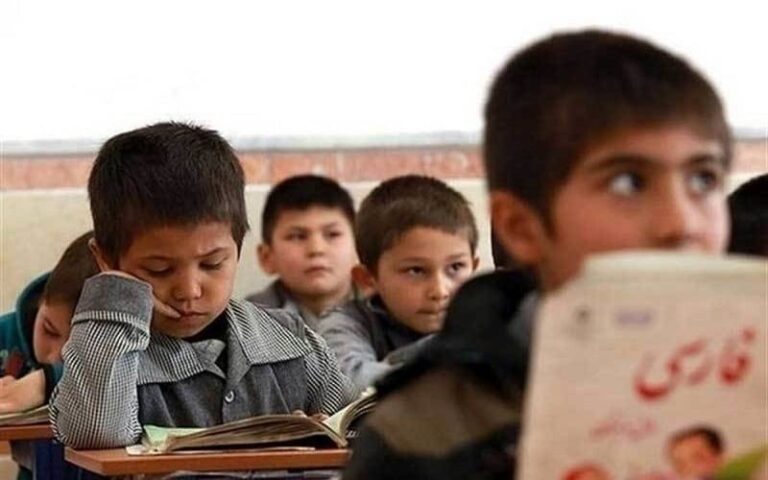Iran and Saudi Arabia’s Economy Ministers Forge Stronger Bilateral Cooperation
In a significant development for regional relations, Iran’s Economy Minister Abdolnaser Hemmati and Saudi Arabia’s Finance Minister Mohammed Aljadaan have initiated discussions aimed at enhancing economic cooperation between their nations. This meeting is part of broader efforts to strengthen ties that were previously strained.
The two ministers convened on the evening of February 16, 2025, during the Conference for Emerging Market Economies held in AlUla, Saudi Arabia. This conference, co-hosted by the Saudi Finance Ministry and the International Monetary Fund (IMF), serves as a crucial platform for discussing economic strategies among emerging markets.
During their meeting, Hemmati and Aljadaan highlighted several key areas for collaboration:
- Trade Cooperation: They underscored the importance of developing trade relations between Iran and Saudi Arabia.
- Customs Cooperation: Enhancing customs processes to facilitate smoother trade was a priority.
- Bilateral Investment: They discussed fostering bilateral investments to boost economic growth.
- Avoiding Double Taxation: Both ministers agreed on the necessity to establish mechanisms to avoid double taxation, encouraging more investments.
- Financial Processes for Hajj Pilgrims: There was a focus on easing financial transactions related to Iranian Hajj pilgrims, promoting religious tourism.
The Iranian economy minister’s visit to Saudi Arabia marks a significant step in the ongoing efforts to rebuild and strengthen bilateral relations. Hemmati arrived in the kingdom on Saturday, February 15, 2025, specifically to participate in the AlUla Conference.
The restoration of diplomatic relations between Iran and Saudi Arabia occurred in March 2023, following a landmark agreement brokered by China. This rapprochement ended a seven-year period of diplomatic estrangement and has led to a series of initiatives aimed at expanding cooperation in various sectors, including:
- Political Cooperation: Both nations have engaged in dialogues to address regional issues collaboratively.
- Economic Collaboration: Initiatives have been launched to boost trade and investment opportunities.
- Cultural Exchanges: The countries have also worked on initiatives to enhance cultural understanding and exchanges.
This renewed partnership is expected to provide mutual benefits, fostering stability in the region and promoting economic growth. The discussions between Hemmati and Aljadaan are an encouraging sign that both nations are committed to building a more prosperous future together.
As the two ministers continue to explore avenues for cooperation, their efforts will likely set the stage for a stronger economic relationship that benefits both countries and contributes to regional stability.
Overall, the meeting between Iran’s and Saudi Arabia’s economic leaders is a clear indication of the changing dynamics in the Middle East. With ongoing discussions focused on trade, investment, and cultural ties, there is optimism about the prospects for a more integrated economic framework that could enhance growth and development in both nations.
In conclusion, the dialogue initiated at the AlUla Conference reflects a broader trend of reconciliation between Iran and Saudi Arabia. As both countries navigate their economic futures, the emphasis on cooperation and mutual benefits will be crucial for fostering a stable and prosperous regional environment.
For further updates on international economic relations, stay tuned as we cover the developments emerging from this pivotal conference and beyond.
